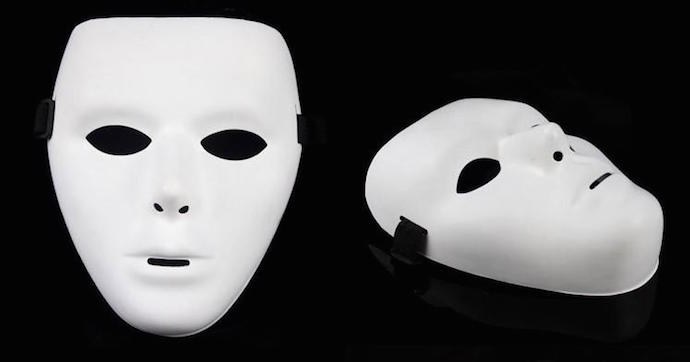Originally published in Metazen (now presumably defunct, RIP), my story, “Year of the Queerling,” has been included in Best Gay Stories 2015. The anthology is now available for pre-order and will be published next month by Lethe Press.
Many gay writers wonder if they identify as a “gay writer.” Taken literally, this is silly. Of course you are a gay writer. However, it’s not the literal term that brings about such conflicted feelings, but rather the label used in terms of the literary landscape, readership, and what you see on bookshelves. It’s really the same question women writers face: Is what you write “women’s fiction”?
Many writers, more so than anyone else, have a great fear of being pigeonholed or put in a box. “We are not gay writers,” they say. “We are merely writers.” In other words, they don’t want to write only for a gay audience; they want to write fiction that transcends category and can be enjoyed by anyone of any sexual persuasion or background. Many will say this proudly, even though I think most of these sentiments arise from a great fear—fear of not finding a more mainstream readership (see: the straights) and fear of not being taken as seriously because of that. You write “gay fiction,” therefore, your perspective is somehow limited or bound by certain tropes of a genre. It can’t cross boundaries. At best, it may garner a cult following with a very particular readership.
It reminds me of a question once posed to Toni Morrison: Can she just not write about race issues for once? She looks puzzled at first, then feels insulted. Can she? Of course she can! She’s Toni Morrison. But Ms. Morrison wasn’t insulted because the question inferred that her writing abilities may be limited, no—she was insulted because the question inferred that the white perspective is the only valid perspective to write from, the only perspective that can be viewed as universal and possible of transcending category.
I admit: I used to feel the same way about these labels. I was that kind of writer. I understand these fears and where they come from, but I no longer care. I’ll just let the readers and publishers decide what words they want to use to describe my writing.




Leave a Reply